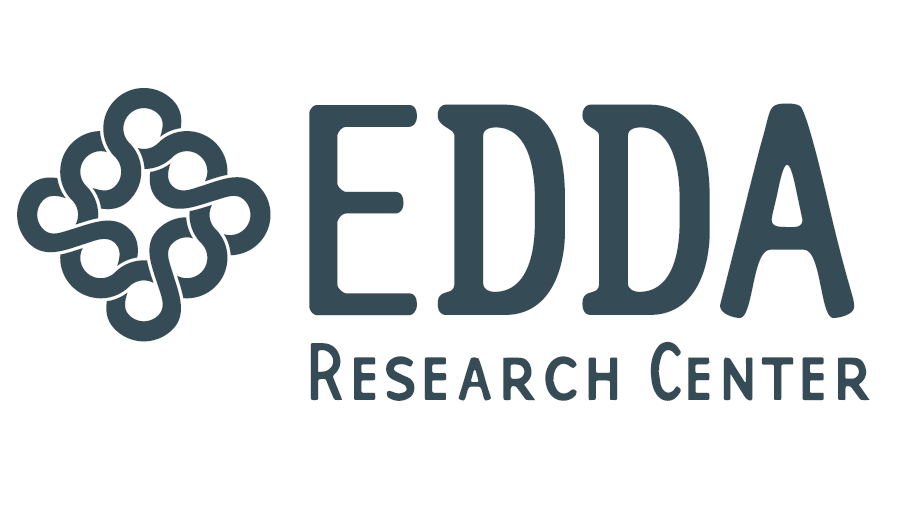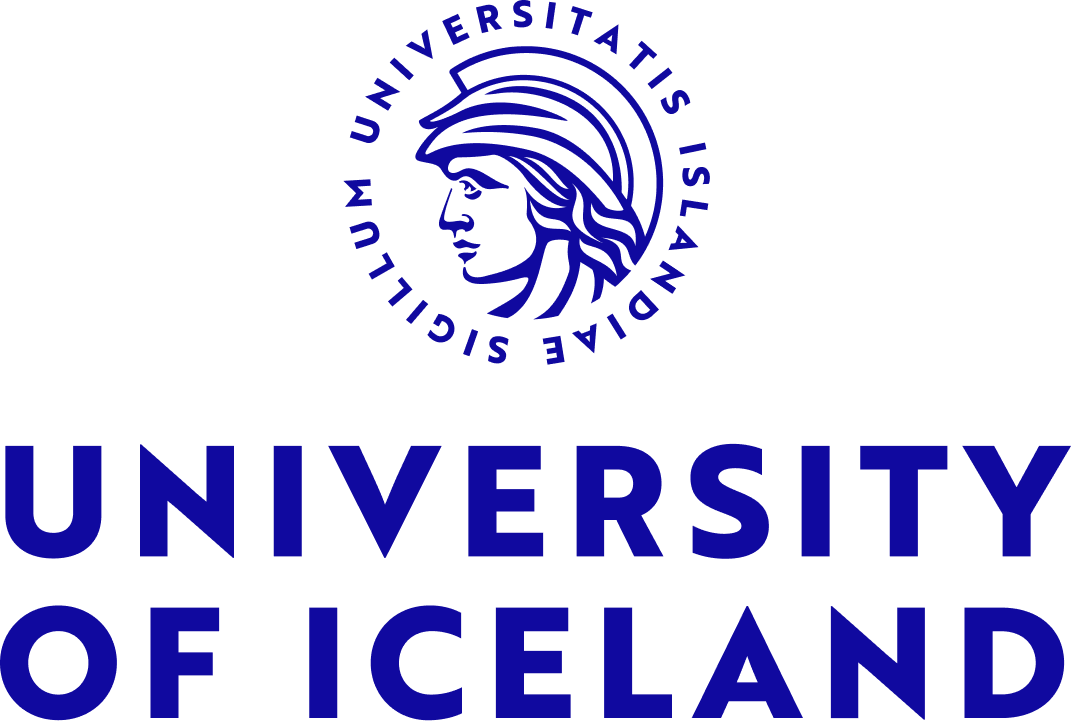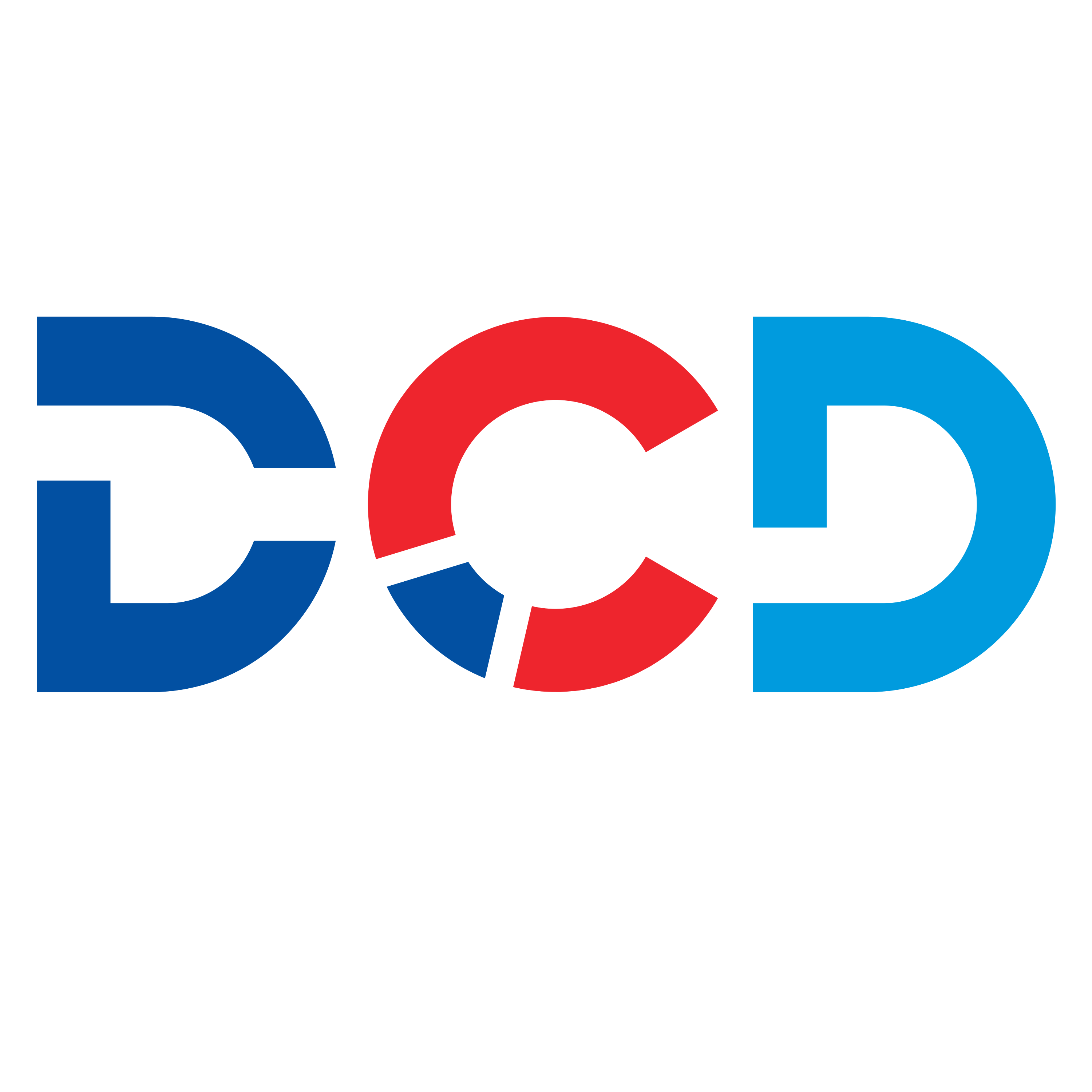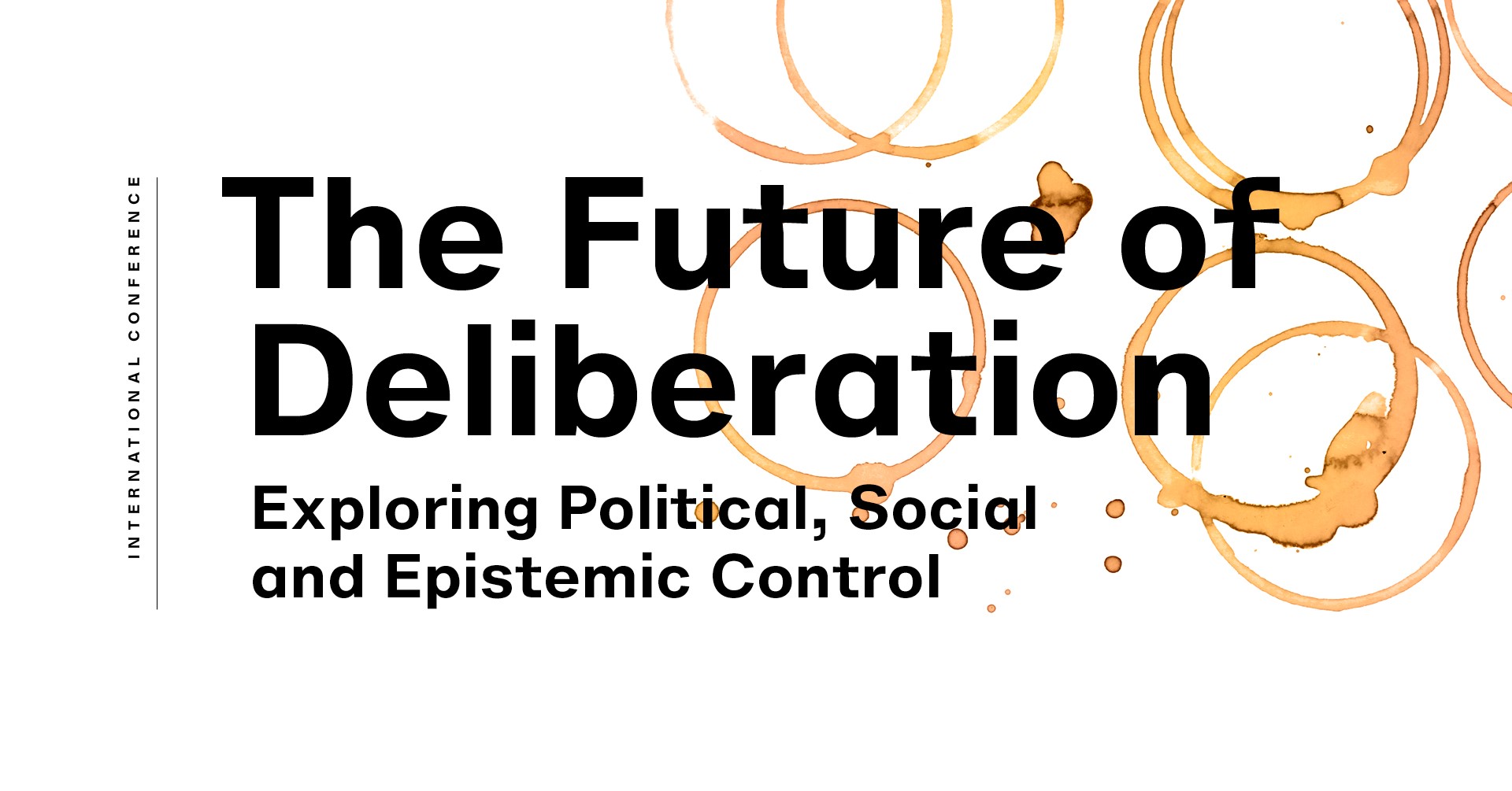The EDDA Research Center at the University of Iceland hosts an international conference titled The Future of Deliberation. Exploring Political, Social and Epistemic Control. The conference will take place on 3 June 2023 in Veröld – House of Vigdís at the University of Iceland. This is the concluding event of the Democratic Constitutional Design (DCD) Research Project which received a Grant of Excellence from the Icelandic Research Fund and whose principal investigator is Jón Ólafsson.
The hope that broad public deliberation and greatly increased public engagement in policy- and decision-making will lead to large scale democratic reform – even bring about democratic renewal that may pull liberal democracy out of its current crisis – has characterized democratic theory and democratic innovations for some time. However, in spite of intense grassroots activity and worldwide interest in democratic reform, the opposite seems to be the case. Trends toward authoritarianism have grown, also inside the borders of stable representative democracy – populism has become a fixture in the political landscape even in countries that have remained strongly committed to welfare and political equality. The conference will explore the future of deliberation as a key component of democratic innovation and reform, critically question innovations and the ideal of deliberation itself.
See programme below.
The conference was preceded by a two-day closed workshop. PDF of workshop and conference programme is available here.




The Future of Deliberation. Exploring Political, Social and Epistemic Control
3 June 2023
University of Iceland, Veröld – House of Vigdís
9:00–11:50
Presentations of Doctoral candidates
Sævar Finnbogason: Sortition and Democratic Legitimacy
Valgerður Björk Pálsdóttir: Democratic Innovations. Legitimacy, Impact and Policymakers
Eileen Jerrett: Storytelling, Cultural Understanding and Constitutional Design
Milica Minić: Democratic Accountability. Promises and Challenges
Jeremias Schledorn: Redescription as a Challenge for Democratic Deliberation
Jenny Fadranski: Liveable Futures. Social Aesthetic Practice and Democratic Agency
13:00–14:00
Iceland‘s “Crowdsourced Constitution”. Where Is It?
Kári Hólmar Ragnarsson: The “New Constitution” as Corpse, Zombie, and Mutant
Viktor Orri Valgarðsson: Perspectives from an Activist Academic
14:10–15:00
Keynote: The Civic Value of Solitude
Robert Talisse, Vanderbilt University
Discussions of civic virtue tend to focus on the public and collective aspects of democratic citizenship. “This is what democracy looks like” is typically the caption to a photo of citizens publicly assembled to express a common political sentiment. Democracy indeed needs an active citizenry. However, democracy also needs citizens to be reflective. And common modes of collective democratic action can dismantle our reflective capacities. It turns out that there are certain civic virtues that can be cultivated and exercised only in solitude.
15:10–16:00
Keynote: Intercultural Praxis and Democratic Constitutional Design in Ecuador
Cricket Keating, University of Washington
Ecuador’s 2008 constitution has deservedly garnered much attention for the groundbreaking ways that it redefines the state, the economy, and the family with innovative political concepts such as plurinationalism, buen vivir (living well), and the diverse family. This essay explores ways that different social movement groups involved in the Constituent Assembly process shaped these ideas and concepts through a praxis of epistemic pluralism marked by intercultural dialogue and deliberation, intra–cultural critique and analysis, and coalitional visioning.
16:10–17:00
Keynote: What Kind of Epistemology Is Required for Democratic Renewal?
Just Serrano Zamora, University of Málaga
Current attempts at responding to the crisis of liberal democracies through democratic renewal have been limited in many ways. In my talk, I will argue that citizens’ epistemological orientations often play a crucial role in this limitation. To illustrate this point, I will show how current populist and liberal epistemologies tend to undermine the radical potential of current endeavours to promote political participation. Finally, I will consider an alternative epistemological orientation that better suits the project of democratic renewal.

